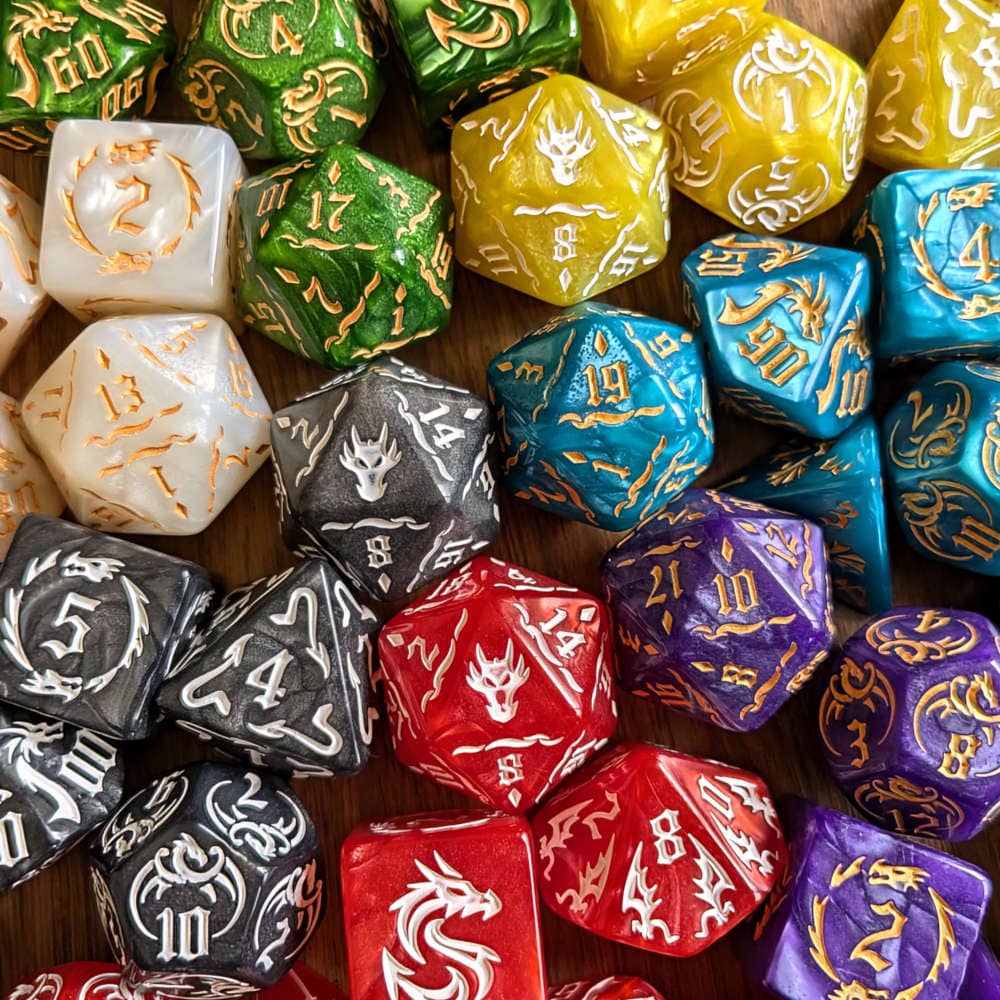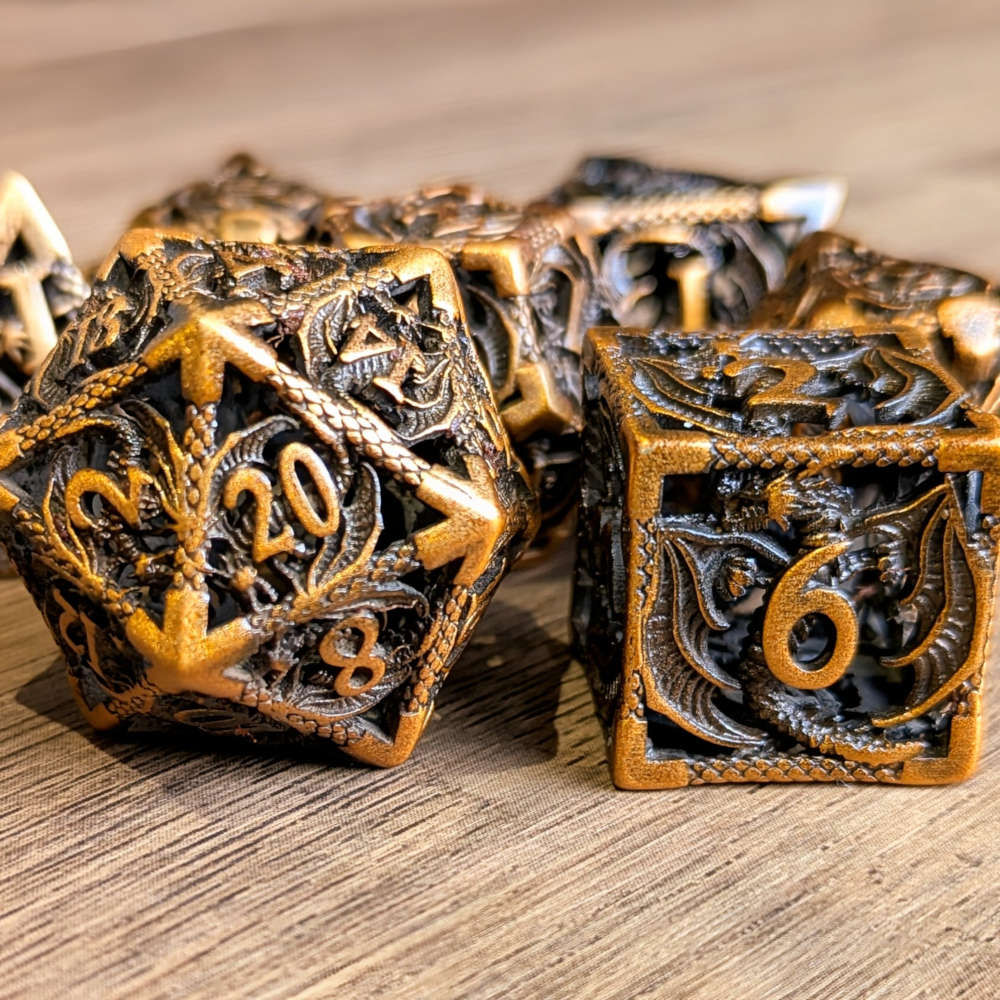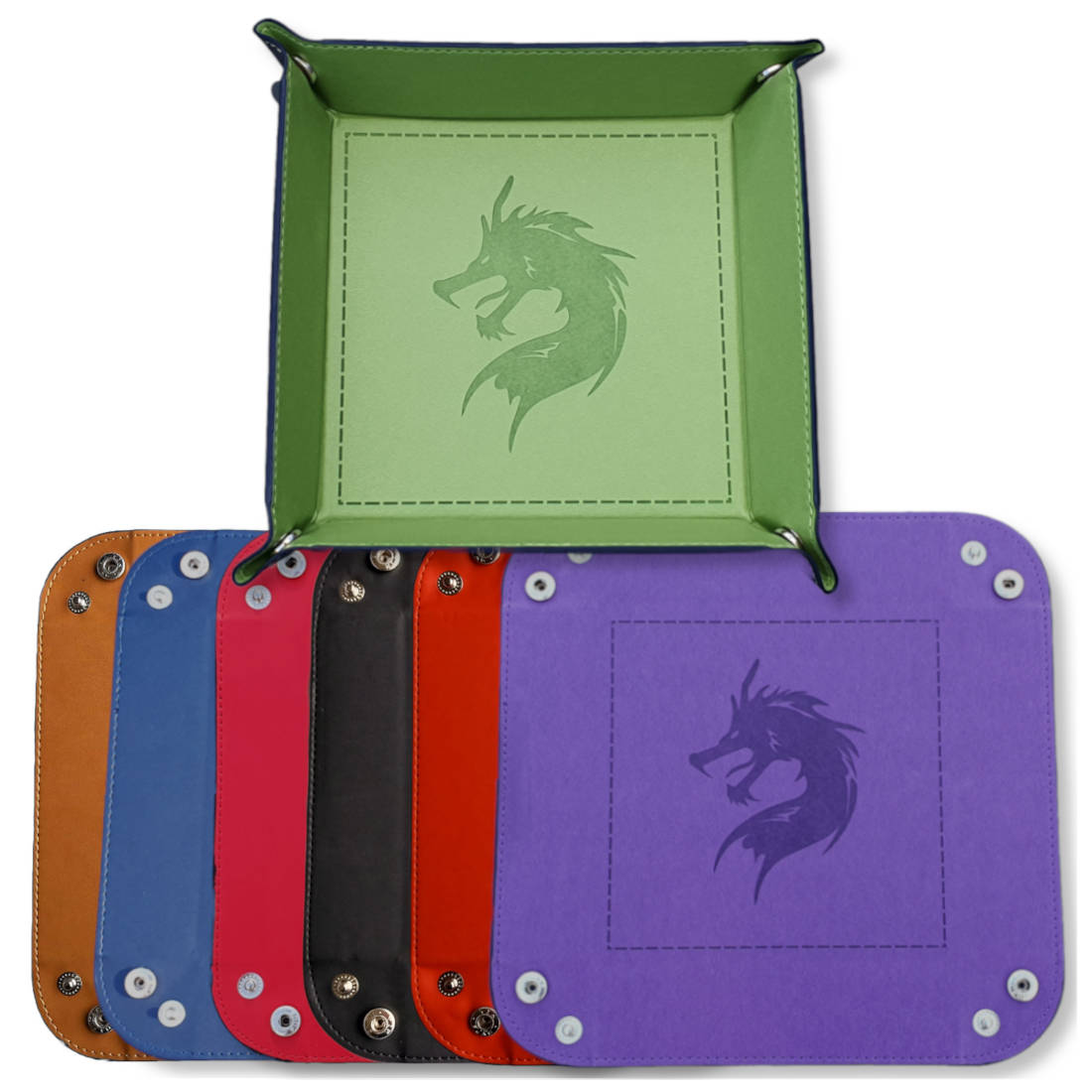How to tell your DM you're not having fun

Expressing your feelings when you’re not having fun might seem intimidating, but it’s essential for both your mental wellbeing and the overall health of the game. This guide offers practical tips drawn from real-life experience to help you reflect and articulate your concerns effectively.
Whether it’s a matter of playstyle, personal challenges, or a blend of both, these insights will help in fostering open and constructive communication with your DM or fellow players.
What should I do if I’m not enjoying my D&D campaign?
When you find yourself not enjoying your D&D campaign, it's important to acknowledge that this is a game meant for enjoyment. If issues with the game, other players, or any aspect are impacting your fun, take a step back and reflect.
Part of becoming a better D&D player is being involved, proactive, and immersing yourself in the experience. If you find yourself not enjoying the game, especially if something is actively causing you to be frustrated, upset, or angry, it’s best to think about these feelings and find a suitable resolution.
We've simplified the process into four key steps. These steps will help you understand the root of your dissatisfaction and guide you on how to effectively communicate this.
1. Understand why you aren’t having fun
The initial step when faced with dissatisfaction in your tabletop campaign is to gain a clear understanding of the root cause. To achieve this, take a step back and find a calm moment to reflect.
This introspective process is crucial, especially if emotions are running high. Whether it's through meditation, a walk, or another calming activity, this reflective pause allows you to delve into the specifics of your discontent.
Identify if it's a game-related issue, such as the dynamics of roleplay or combat feeling lacklustre, or if it extends to personal dynamics with your DM or fellow players. It's equally important to consider if external factors in your life are influencing your gaming experience.
Understanding the precise nature of your discontent lays the groundwork for addressing and resolving the issue effectively. After all, awareness is the key to finding a meaningful solution.
2. Arrange to speak with your DM
Once you've clarified the reasons behind your dissatisfaction, the next step is to effectively communicate this to your DM. The way you convey your feedback is crucial, often as important as the feedback itself.
If the issue pertains to the game dynamics or storytelling, the DM is the primary person to address. If it’s a problem with another player, then speak with them privately.
Ideally, arrange a conversation in-person (or a private voice chat if your sessions are online). This ensures a more nuanced and immediate exchange of thoughts.
Avoid leaving issues unspoken or relying solely on text-based communication, as this may hinder the potential for constructive resolution. Open and respectful dialogue is the key to fostering a positive gaming environment.
3. Be non-confrontational and to the point
Approaching this conversation requires a delicate balance of calmness, honesty, and openness. Maintaining a non-confrontational tone is crucial; avoid blaming or pointing fingers, and refrain from raising your voice or using offensive language.
Communicate calmly, articulating the specific reasons why you aren’t enjoying your game. The nature of tabletop games, being passions we hold dear, can make it tricky to remain composed, so take your time before initiating this discussion. By being clear and composed, you pave the way for a more productive and understanding exchange.
When you speak with your DM or fellow player(s), be direct and concise, focusing on the aspects of the game that cause your dissatisfaction. If the prospect of this conversation induces anxiety, jot down bullet points on a post-it note so you don’t forget any key points.
4. Offer constructive feedback
Beyond expressing why you aren’t enjoying the game, the key is to offer constructive feedback. This is the case whether you're a player, or a DM seeking constructive feedback.
While articulating the issues is essential, consider providing insights or suggestions that could enhance your experience. Share your thoughts on what changes or adjustments might contribute to a more enjoyable game. Be specific and clear in stating the reasons behind your dissatisfaction, offering context and examples from specific in-game situations.
This constructive approach not only helps your DM or fellow players understand your perspective better but also facilitates collaborative problem-solving. Remember, the aim is not just to voice concerns but to actively contribute to a potential solution.
What not to do when telling your DM
When telling your DM you're not enjoying the game, avoid being emotional or argumentative. Stay calm, reflect on the issues, and engage in open, honest discussions. Avoid shouting or negativity; it won't lead to positive solutions. Be constructive for a better outcome.
An example of giving constructive feedback
Now you know the four steps to telling your DM you’re not having fun, let’s see it in action through a worked example.
A common real-life example:
"Your combat is boring; it's just a hack and slash fest".
This statement is a poor way to convey dissatisfaction because it's unhelpful, slightly confrontational, lacks specificity, and fails to offer constructive solutions.
A more effective approach:
"The way we run combat is affecting my enjoyment of the game. I think it would make things more fun if you added dynamic elements so we could find more creative options”.
This statement specifies the issue (combat), clearly communicates the impact on enjoyment, emphasizes the urgency of the problem, and, crucially, provides constructive feedback. By suggesting the addition of dynamic elements, it offers a potential solution without assigning blame. These aspects help foster a more collaborative and positive dialogue and will lead to a much more positive outcome than the previous statement.
How do you tell your DM you want to leave the campaign?
If you can't resolve issues with your DM, be polite and express that you've decided to leave the campaign. Keep it civil, thank them, and wish them the best. That's all you need to say.
Remember - no D&D is better than bad D&D. If, after using our guide, you find yourself still not enjoying the game, it might be best to leave the campaign. Your mental health and wellbeing are paramount, so don’t be afraid to do this if nothing else works.
Dice to keep your adventures flourishing
Now that you've learned how to navigate and express your feelings when not enjoying your tabletop game, remember that these games are social and dynamic. Knowing how to communicate with your fellow players will help keep your games alive and well. Check out our guide on handling problem players for more insights.
Moving beyond challenges, delve into our captivating range of TTRPG dice sets. Whether it's our Glow in the Dark dice that capture the essence of dragon breath weapons or our captivating liquid core dice, we have unique options to enhance your tabletop adventures.





